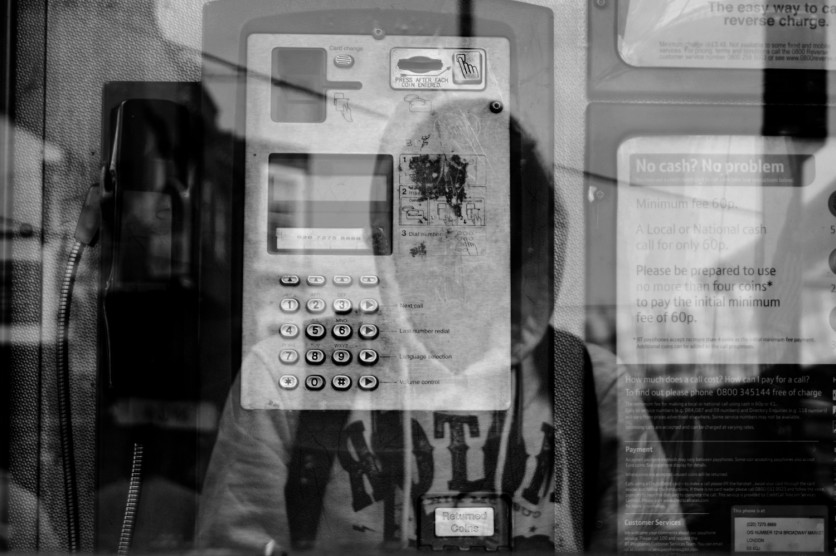The United States Federal Communications Commission (FCC) recently charged two health-insurance telemarketers of making "approximately 1 billion spoofed robocalls across the country during the first four and a half months of 2019." The penalty amounts to $225 million. This could be a record-breaking case for the FCC, but there's a problem.
FCC slaps $225M fine for insurance scam robocalls; How much does FCC charge for 1 billion robocalls?

On Tuesday, June 9, the FCC made its largest possible penalty arrest of the commission. Two fake health-insurance telemarketers, Rising Eagle and JSquared Telecom, were allegedly behind more than 1 billion robocalls in America within the last year.
Their owners, John Spiller, and Jakob Mears were arrested in their homes in Texas for violating the federal law governing telemarketing, the Telephone Consumer Protection Act.
Robocalls are fake calls that mostly offer different products. They pretend to be from a well-known company and force consumers to buy a certain but different product from what they initially offer.
In this case, Rising Eagle telemarketers "falsely claimed to offer health insurance plans from well-known health insurance companies such as Aetna, Blue Cross Blue Shield, Cigna, and UnitedHealth Group."
For example, one call stated: "Are you looking for affordable health insurance with benefits from a company you know? Policies have all been reduced nationwide such as Cigna, Blue Cross, Aetna, and United just a quick phone call away."
A voice will tell you to either Press 3 or Press 7. Once you press 3, a customer service representative will answer and force you to buy their product-- different from the said insurance companies.
If you press 7, the call will be transferred to the 'Do Not Call' list. However, when you enter this one, the scammers will purposely call you, on your home phone or even to your mobile phone number, which makes it worse.
The arrest may be a problem for FCC

While the FCC may have arrested one of the biggest phone scammers in the country, there's still a problem with the penalty bond. It turns out that the federal agency has no strong power to require companies to pay their charges. Ars Technica reported that the commission has a disappointing track record when it comes to these cases.
"Over the last several years the FCC has levied hundreds of millions in fines against robocallers just like the folks we have here today. But so far collections on these eye-popping fines have netted next to nothing," said FCC Commissioner Jessica Rosenworcel.
"In fact, it was last year that The Wall Street Journal did the math and found that we had collected no more than $6,790 on hundreds of millions in fines. Why? Well, one reason is that the FCC looks to the Department of Justice to collect on the agency's fines against robocallers. We need them to help. So when they don't get involved-as here that's not a good sign," she added.
For now, let's see what the FCC will do.
ALSO READ: Nintendo Hacked Accounts Reaches 300,000; How to Set-Up Two-Factor Authentication
ⓒ 2026 TECHTIMES.com All rights reserved. Do not reproduce without permission.




